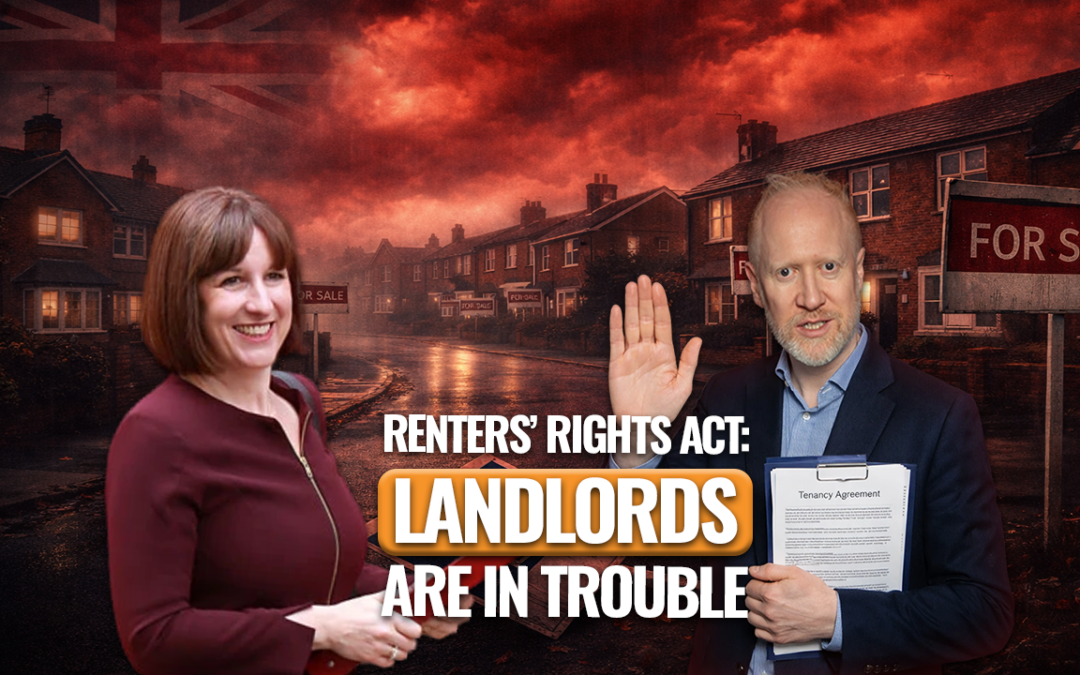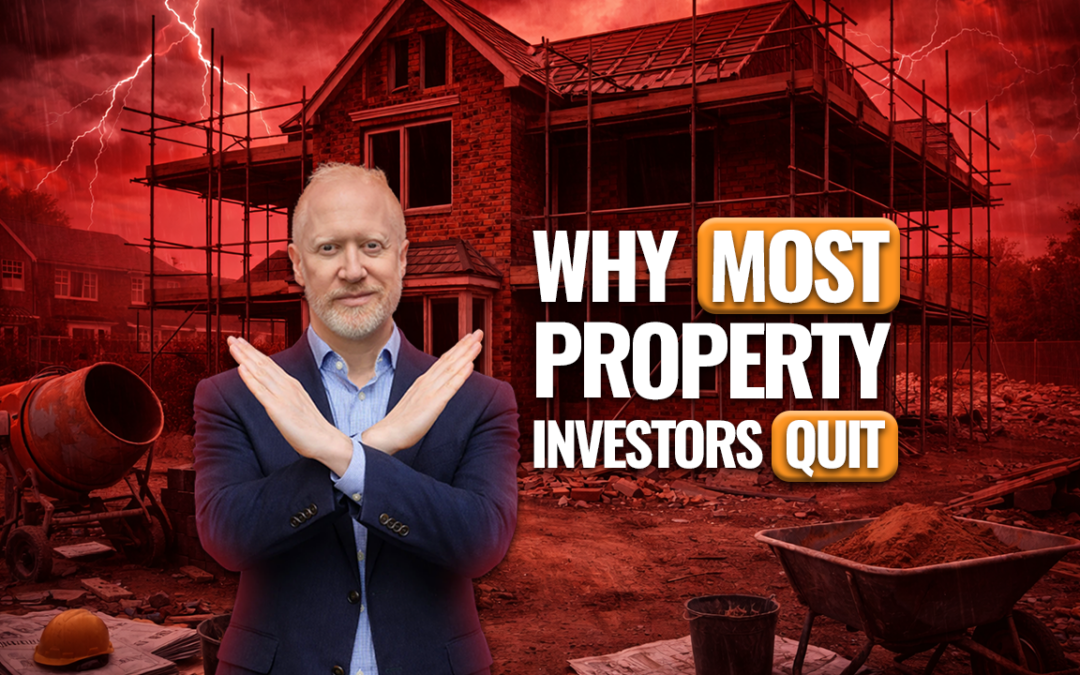If you’re a landlord or thinking about becoming one, there’s something important you need to know:
Rent caps don’t work.
They might sound good in theory. The government introduces a cap on rent increases, tenants save money, and everyone’s happy… right?
Not quite.
In reality, rent caps can cause far more harm than good, not just for landlords, but for the very tenants they’re supposed to protect. And we don’t have to guess what might happen. Just look at what’s already going on in Scotland.
The Scotland Experiment: A Warning for the Rest of the UK
Scotland introduced rent control measures in 2022 under emergency legislation, which capped rent increases at 0% and placed restrictions on evictions. The intention was clear: help tenants struggling with rising living costs.
But here’s the problem…
The result was a sharp decline in available rental properties.
Many landlords decided to sell up or exit the market altogether. Others stopped investing in maintenance or new properties. Why? Because the cap meant they couldn’t keep up with inflation or rising mortgage costs. For some, renting out their property became unsustainable.
And when landlords leave the market, the number of rental homes drops. But demand doesn’t go away. In fact, it often increases.
That’s when things start to break.
Supply Down, Demand Up = Rental Chaos
Let’s be honest. Being a landlord isn’t a charity. It’s a business. A service. And just like any other business, it must be financially viable.
When rent controls are too strict, landlords can’t adapt to rising interest rates, tax changes, or inflation. The result? They pull out.
This reduces supply. But people still need places to live. So now you’ve got more tenants chasing fewer properties.
What happens then?
Rents skyrocket between tenancies, competition becomes fierce, and ironically, it’s the tenants who suffer the most.
But Isn’t Rent Control Supposed to Help Tenants?
That’s the intention, sure. But just because something is well-intentioned doesn’t mean it works.
Here’s a quick look at the unintended consequences of rent caps:
-
Landlords exit the market, reducing supply
-
Tenants have fewer choices and face bidding wars
-
Rental standards drop as landlords can’t afford improvements
-
New investment dries up, leading to long-term shortages
-
Homelessness increases as vulnerable tenants get priced out
It’s a vicious cycle. And once it starts, it’s hard to reverse.
Why This Matters to Every Landlord in the UK
As property investors, we can’t afford to sit back and hope it all works out. We need to take action:
✅ Stay informed about proposed legislation in your area
✅ Join landlord associations and support bodies that fight for our interests
✅ Be strategic with your investing, focus on high-demand areas with sustainable yields
✅ Plan ahead for changes in tax, interest rates, and legal restrictions
✅ Educate yourself and others on how policy impacts the housing market
When you understand the bigger picture, you make better decisions. And right now, understanding the risks of rent caps is crucial.
What to Do Next
If you are ready to start building a property portfolio, here are three things you can do immediately:
-
Educate yourself. Learn how property investing really works. Understand the numbers. Know how to find and analyse deals.
-
Connect with other investors. Surround yourself with like-minded people who are already doing what you want to do.
-
Take action. Don’t wait until everything is perfect. Start small if you need to. Just start.
The Bottom Line: Rent Caps Could Wreck the UK Rental Market
If we want a fair, functioning, and sustainable rental market in the UK, we need policies that support both tenants and landlords. Punishing landlords doesn’t help anyone in the long run. It only shrinks the supply of homes and pushes up prices for everyone.
The Scottish example shows us exactly what not to do.
So let’s learn from it, before it’s too late.
Want to learn how to stay ahead of rental regulations and protect your property portfolio?
Join me live at our National Virtual pin Meeting, where I’ll be sharing the latest updates on legislation, investing strategies, and what smart landlords are doing right now to stay profitable in a changing market.
If you’ve never attended a pin Meeting before, you can join us as our guest, completely free.
It’s open to both new and experienced investors from across the UK.











